What schools can do to support children and families this fall.Preschool directors, teachers, and administrators are busy planning for a unique start to a school year that brings new challenges, rules, and a lot of uncertainty. With safety at the forefront of everyone’s minds, this planning includes rethinking everything from class sizes and classroom set-ups, to cleaning supplies, procedures, and even what materials can be easily and regularly disinfected. Plastic baby dolls, yes. Stuffed animals, not so much.
With safety as a primary concern, it can be easy to forget what in other years might be the most important part of planning for the start of school: how to build strong relationships with children and their caregivers. Relationships must always be centered as part of the care provided by preschools. This is the year to remember why classrooms have family pictures on the walls, why a phase-in period is best practice, and why that photo sent to a parent of their child playing happily minutes after a tearful goodbye is more than meaningful. It is essential. For those who are working tirelessly to ensure that their school is ready to welcome children and families back this fall, this is an invitation to reflect on the ways you can support not just the physical safety but the emotional health of your community. As I know from my years in the classroom, this is one of the things that can make preschools so wonderful. Bring home into the classroom. Parents may not be able to walk through the doors, but there are other ways to bring them in. Laminated family photos that are available for children to touch or hold offer comfort and show children that their whole selves are welcome at school. Including the children’s favorite books in the reading corner and singing favorite songs during circle time provides familiar pleasures when so much else is new and different. Bring school home. Continue building a bridge between school and home by helping to facilitate families’ conversations about school. Share photos of teachers and staff with and without masks. Send a video tour or photos of the classroom from a child’s perspective. Even a simple description of the day’s schedule can increase confidence. For parents who will not be able to see their child’s classroom from the inside, sharing lots of photos of their child playing and learning in that space can provide great peace of mind. Provide predictability. Knowing what to expect allows children to relax and focus their energies on self-regulating and learning. By setting up consistent routines and keeping materials the same, teachers can create an environment that is predictable. This stability is especially crucial in a year with many other moving parts. Facilitate learning and processing through play. Early childhood educators know the great power of play. Facilitating play so that the children can process their everyday experiences is one of your super-powers. You’ll know by observing your class what themes and ideas they are exploring. My guess is that you can predict some of these themes, too. Invite children to play out separation through peekaboo games. Make masks for the dolls with stickers or tape. Put out spray bottles with water and rags so children can take charge of “cleaning.” And, as always, adapt to the group. Preschools are uniquely positioned to help children and families through challenging times. This is true even outside of a pandemic. The strength of the relationships forged in preschools is what so often leaves children and caregivers especially bonded to these institutions and the teachers and staff who work in them. As early childhood educators, you already have the tools at your disposal to take on this unprecedented year. Don’t let the changes throw you. Dig into what you know: how to build trust with children and families. The learning and the joy will follow.
0 Comments
As a new parent, even with all of my experience and knowledge about babies, I still found myself looking to my daughter's pediatrician for support. Like many parents, the first few months with my baby were a time when days and nights ran into each other, and the little nucleus that was myself, my husband and my baby filled every moment. It was difficult to step back, take a breath, and find some greater perspective on the experience because it was all encompassing. So we found ourselves looking to the experts around us. Other parents, my doula, my midwives, colleagues, and our pediatrician.
It was a support network that we had to create. We were able to do so because we had the resources and education to do it. And because of my professional experience, when I was confronted with advice and screenings that were misinformed, misguided, or that simply didn't fit our family I was able to discard the information in favor of my intuition and knowledge. I did not always feel comfortable advocating for my family, but I always felt confident about my decisions. Not all families have this privilege. Pediatricians are uniquely positioned to offer families support because they are often the primary point of contact for new parents. Babies are in the office every couple of weeks or months in the first year. Progress can be tracked. Parents and babies can be observed. And when an office is equipped to offer the kinds of support that new families need (including lactation experts, postpartum mental health specialists, developmentally sound advice rather than opinions, community, and inclusivity), babies and families thrive. Care can be holistic, compassionate, and transformative. This is why I am encouraged by Premier Pediatric's new pilot program, The First Month Project. It is a collaboration between this pediatric practice and a robust group of local professionals including psychologists, midwives, doulas, lactation consultants, early childhood specialists, social workers and more. By bringing together a network of resources in the community, The First Month project aims to "ease the transition and address the needs of your young family." Premier Pediatrics is committed to supporting babies and children by supporting their families. Offering the First Month Project is a way to help start parents on their journey from a place that is grounded in community and care. I am happy to be joining the First Month Project at Premier Pediatric's Brooklyn office, where I will collaborate with Dr. Jon Sarnoff to offer classes about infant development. Upcoming: Raising a Healthy Sleeper Raising a Happy Eater Development: What's around the corner? You can read more about the project at www.thefirstmonth.org and about Premier Pediatrics at www.premierpedsny.com Toddlers are confusing. Never did I understand this so well as when my own child entered toddlerhood. Even with over a decade of experience working specifically with this age group, at times I found myself scratching my head and wondering what in the @#$&# was going on. When it came to my own daughter, I needed to remind myself to step back and understand things from a developmental perspective, and so this workshop came about.
Understanding Toddler Emotions is the workshop I needed when my child started to assert her independence with a full-throated "NO." The information I have gathered here is what allows me to approach her from a place of compassion when she cries that I "broke her orange" by peeling it, and with patience and boundaries when she attempts to extend our night-time routine by just a little more each night. A combination of developmental theory, practical tools, and mantras to hold onto in the most challenging moments, this workshop is your companion guide to the toddler years. A year after I initially put it together, I still walk away from each session reminded of something that I know I'll use this very week in my own home. If you've entered into this exciting chapter of parenthood, and are looking for some answers, some community, and some laughs, consider joining one of the next classes or hosting one in your home. I have been speaking with my daughter in Spanish since before she was born. It is my first language, and I feel strongly about sharing it with her. I have family in Chile, Puerto Rico, the US and France. Besides genes and shared history, the thing that unites us all is language. Whether we call a bean un frijol or una habichuela or un poroto, we understand each other. I want my daughter to be a part of that. As an early childhood educator I understand the benefits of bilingualism--there are many. As a mother, I wanted to hear my heart language in my home. My husband is a native English speaker who learned Spanish while working in a Mexican restaurant. I am grateful that he was willing to join me in expanding the languages that make up our lives. He speaks primarily Spanish with our daughter as well. And while at 2.5 years old she is picking up English at lightning speed, Spanish is truly her first language. As my child began to look outside our family and take an interest in her world, it became important to surround her with more opportunities to hear Spanish outside the home. I knew from experience and from my education that in order for her to continue to speak a language that is not dominant in her home country, she would need to find social value in it. Exposure is not enough. Community is essential. I began to look into Spanish language programs. We discovered wonderful music classes--Canta y Baila with Anath Benais at Hootenanny Brooklyn. I toured some preschools. And because nothing near us quite offered the mix of immersion, free play, child-led learning, engaged and like-minded teachers, and community building that I was hoping for... I enlisted a friend and colleague, Paulina Trevino-Oliva, to start our own program. NIDO Forest has now met for two seasons, and has just started its Otoño / Fall season. We have welcomed families with all kinds of connections to Spanish into our fold. From parents who are native speakers, to families' whose nannies have brought Spanish into the home, to families who have lived abroad, and those who are just curious to try something new. We open our group to all.
My daughter who, in spite of being extremely verbal at a young age, was at first unsure about how to communicate with other children has blossomed socially in this group. The children have grown in their confidence, risk taking, creativity, and problem solving. Most importantly we have shared many laughs--a universal language. You can learn more about NIDO Forest, including how to register at www.nidoforest.com Some of our classes are at capacity, but there are a couple of spaces left in others and we are exploring how and where to grow in the Spring. Feel free to reach out with ideas! Of all the questions that would come up at parent-teacher conferences when I was in the preschool classroom, the one that came up most often was "How do we start potty training?" Sometimes it was asked in other ways like "Is she ready to potty train?" or "Is he interested in the potty at school?" Sometimes it was asked in hindsight, "We tried to potty train last weekend but..." As a teacher, I appreciated being included in the process so we could join forces to sort out the noise from what we knew about each particular child, their abilities and their needs. There seem to be two loud voices when it comes to potty training these days. On the one hand, are folks who say that children will do it on their own, which is often misinterpreted as needing to do nothing at all as a parent. On the other, are the folks that claim that children can be trained in a weekend if only you would clear your schedule and just do it already. In my experience, most families' lived experiences are somewhere in between. Mindful Potty Training aims to demystify the process of learning how to use the toilet. This process is unique and individual to each child, so the workshop is not a straight how-to. Instead, I present families with the knowledge and tools to support their child through understanding and connection. Yes, there are concrete suggestions. And yes, I lay out some guidelines for how things can unfold. But the focus is on understanding how to support YOUR child and why it matters. Learning to use the potty is more than a milestone to check off a list. It is an opportunity for a child to grow in their self-confidence, while building their relationships with caregivers. And it can be stress-free! Whether you're curious and looking ahead, or needing an alternative after a stressful attempt at teaching your child to use the potty, consider joining an upcoming Mindful Potty Training class at The Wild or hosting one in your home.
September 7th, 3-4:30pm at The Wild November 2nd, 3-4:40pm at The Wild The first workshop I developed for Babies & Toddlers Understood was a separation workshop for parents whose children were starting preschool. It is a very familiar subject for me as a former preschool teacher, and one that I feel passionately about. I have co-led and observed orientation and separation workshops at all of the schools that I have worked at, and have seen what a big difference it makes for parents to go into the first day feeling informed and confident about how to say goodbye and why it matters. Often orientation nights also include a flood of other information like what to pack, whether to bring snack, how to label things, illness policies, classroom policies, how to sign a child in or out... you get the idea. The best orientations, and I have had the good fortune to be a part of some great ones, are able to balance this with the important task of helping parents understand separation. In others, this is lost or not even discussed. Keys to a Successful Drop-off is an opportunity for parents and caregivers to focus exclusively on separation and how to support the process. It offers a close look at separation and attachment, and how to help a child transfer trust from their parent to a teacher. I believe parents are better prepared when they understand the reasons behind their children's behavior, what a school is asking of them (phase ins, quick goodbyes, or never sneaking out), and my suggestions. This workshop balances theory and knowledge with practical advice and concrete suggestions.
As we look towards a new school year, I have revisited my notes for this workshop with the feedback I received and am looking forward to supporting more families as they reach this exciting milestone! Whether your child is starting preschool or daycare, this workshop is for you. Upcoming workshops: August 27th, 6-7:30pm at The Wild August 28th, 6-7pm at Busy Bodies This September, I’ll start teaching a new series of classes and workshops focused on infants. I’m deeply grateful to be partnering with Parent Craft, a wonderful hub offering support for new parents from preconception through birth and beyond.
We will also offer two alternating workshops on the first Saturday of the month. Like all of the classes at Parent Craft, the experience will be highly personalized and intimate. All About Baby classes are informed by developmental theory and research, personal and professional experience, and a desire to understand each family and baby.
Our goal is to help you thrive as a parent and enjoy the journey. Learn more at www.parentcraft.org |

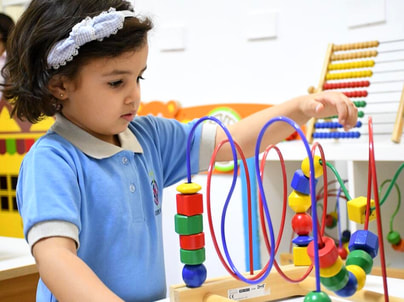
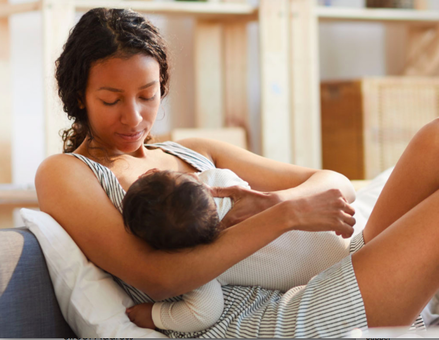

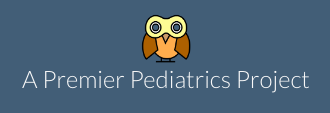
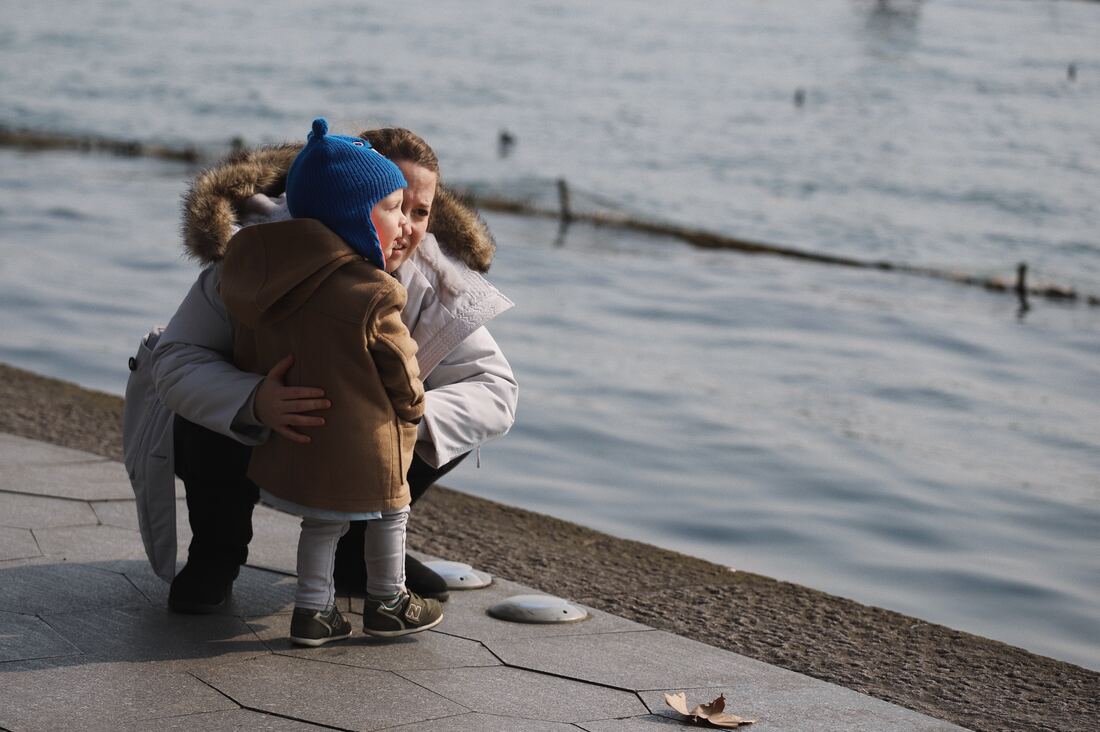
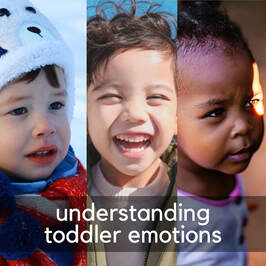
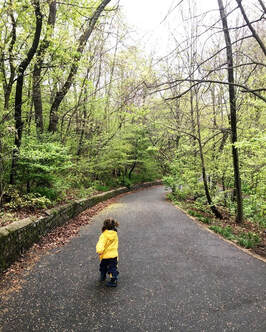
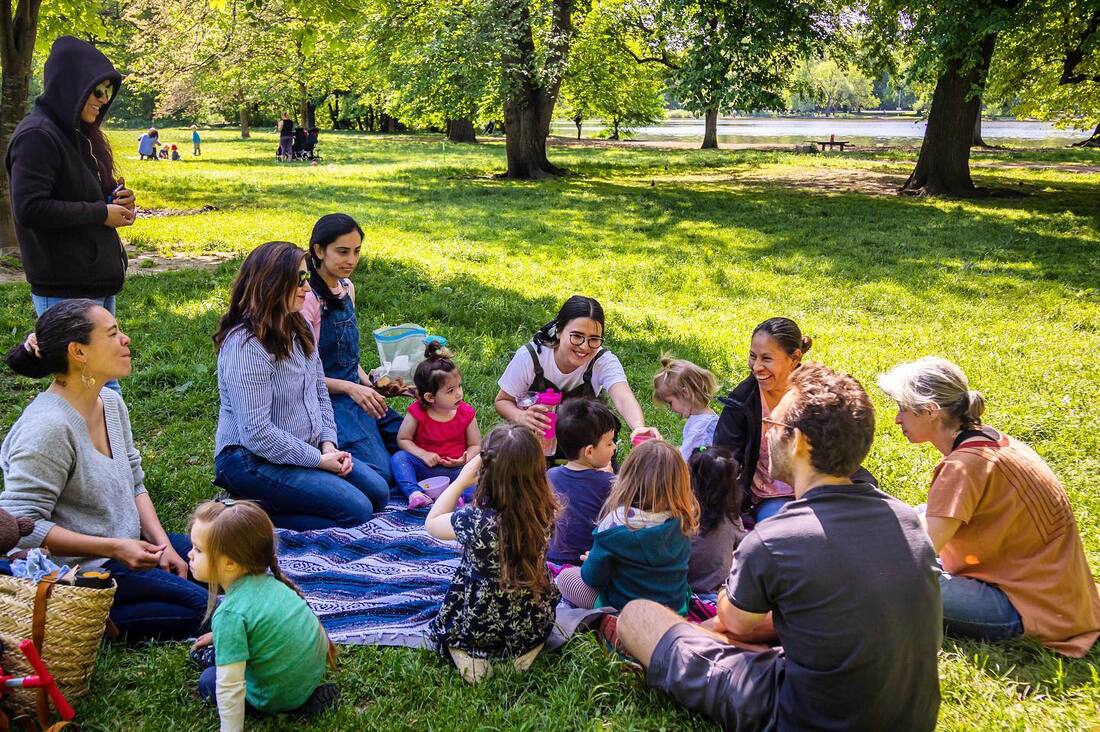
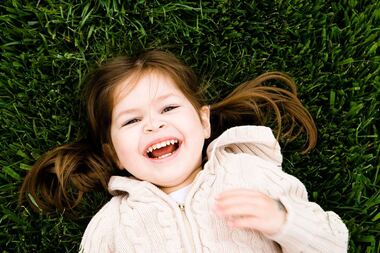
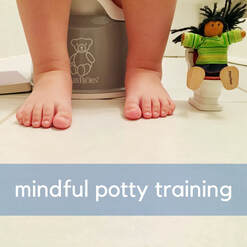

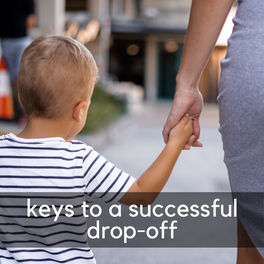
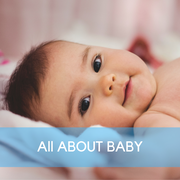



 RSS Feed
RSS Feed
